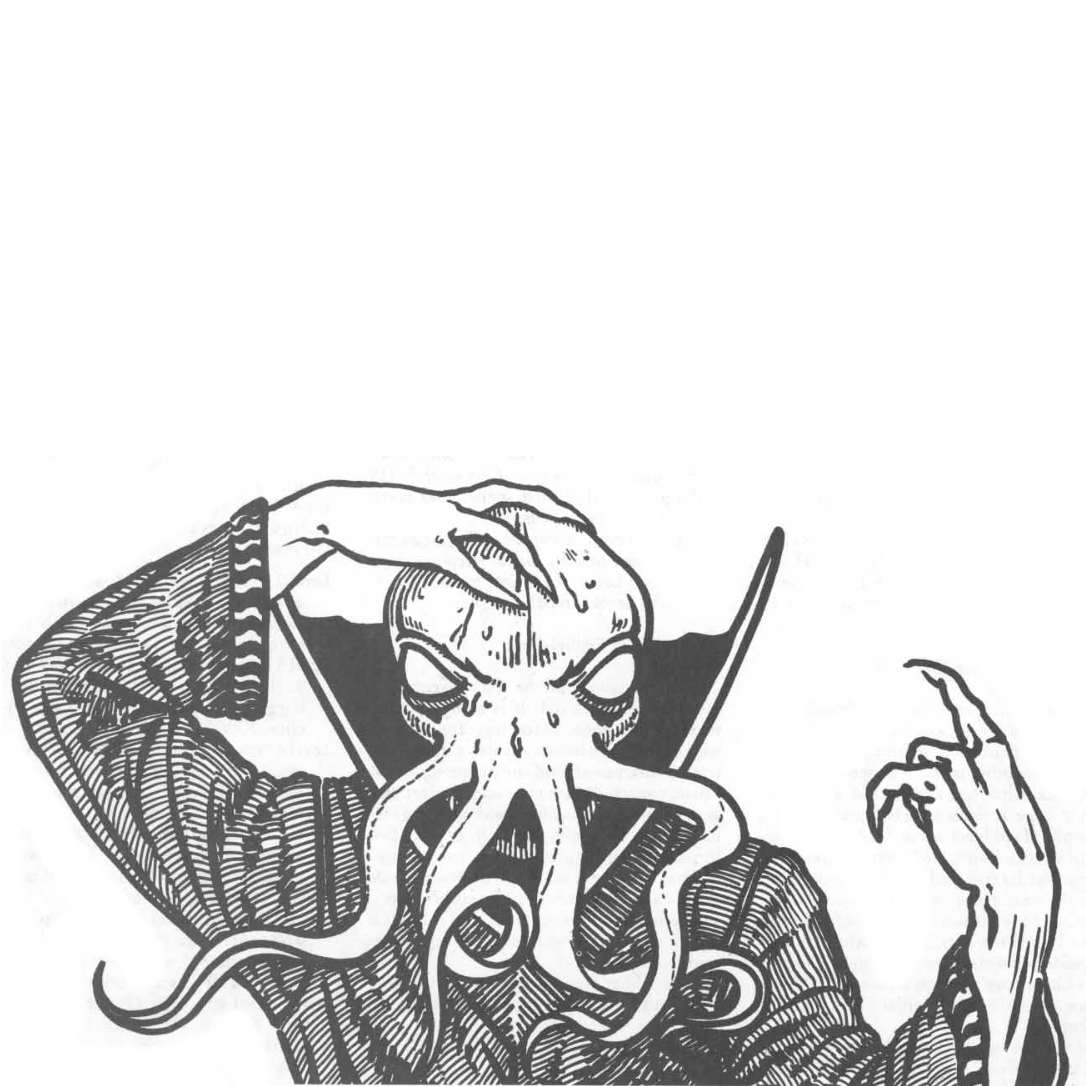Let me begin by making it clear this is not my invention, I encountered the method in City of Mist but I doubt it debuted there. But it is a nifty method.
The problem I encounter from time to time is that my players don’t latch onto my descriptions of the scene, not using things in it to grant themselves advantages (bonuses, extra effect etc). Am I perfect? No. Could I do better? Yes.
Or I can take my fuzzy descriptions and make them mechanical by introducing them as Scene Tags. Market square during market day would get Crowded-Market-1 and during a festival Packed-Festival-Market-2 indicating that there is a lot of people there and also how much advantage one would get by incorporating it into ones action. Or disadvantage depending. Trying to pickpocket someone? Take a bonus. Following someone? They easily get lost in the crowd - penalty.
How dark is the night? Moonlight-Night-1 or Moon-Behind-Heavy-Clouds-2?
Traveling through a mountain pass and how deep is the snow? Ankle-Deep-1 or Up-To-The-Dwarf’s-Beard-2? What about that Foul-Voice-In-The-Wind-4?
I play pretty much only online so tossing an index card onto the table with the Scene Tag on it is kinda tricky. Instead, depending on how much effort I’ve put into the VTT, I either write it in big bold letters on the scene image/map. Or I put down a virtual index card, essentially a small graphical element to bring attention to it (see post image).
One more thing, how much is a Tag-1 compared to a Tag-2 worth? This all depends on your system. City of Mist gives +1 for a Tag-1, +2 for Tag-2 etc. So for pretty much any other PbtA/2d6 systems the same works. For D&D (and other d20 systems) a scheme of +2, Advantage, Advantage and +2. I’ve lost much of my familiarity with d20 systems due not having ran something recently. So someone (everyone?) else probably have better ideas. In dicepool systems an extra dice for each tag level is appropriate.
That is the basics of it. But what if the players want to create a Panic!-At-The-Market-3? I’ll write about that some other time.
PS. Still recruiting for my small sortie into Swords of the Serpentine, Fridays at 19CEST.
You should read Fate. It calls them Aspects, and they’re the core of the game.
The main properties are “aspects are always true” and “anyone can invoke an aspect”. Also you make them up - you don’t have to pick them from a list
So if you have a scene with a “crowded warehouse party” that informs what kind of actions are easier, harder, or impossible. You probably can’t clear out a large space for a ritual spell because it’s crowded. But you could hide from someone in here, and if your opposed roll came out kind of bad you could spend a fate point to invoke the aspect for a bonus to your roll.
It doesn’t numerically rank the tags but instead relies on the players to agree that “there’s a fire in the kitchen” means something different than “the ground floor is an inferno”
Fate! I knew I knew of a system where everything is tags. Well aspects. Read and played it so long ago that I don’t remember that much about it. Think it was the “lite” version I played and ran. Didn’t really stick with me back then.
There’s two main versions of fate. Core and Accelerated. Core (and it’s slightly abridged sibling Condensed) have skills in addition to aspects. So you might have Swordplay +3, Sailing +2, Parley +2, athletics stubbornness threatening +1 on your “First Mate of The Black Harpy” pirate. When you try to threaten someone, you can invoke your relationship with the infamous Black Harpy for a bonus on your roll.
Accelerated is similar but has approaches instead of skills. They’re like flashy, careful, quickly, etc. So your pirate can swordfight because his aspect gives him that permission, and he probably uses the Flashy approach most of the time because he’s a showoff.
It’s a neat game I’d like to play more, but DND sucks all the air out of the hobby. It also needs players to be more engaged than DND typically requires, and the table needs to be on the same page about what you’re playing. If you have one player that’s just “I attack” and it’s going to go poorly.
@tissek From a PbtA perspective that would be weird. The game explicitly does away with situational modifiers.
You are of course free to use whatever circumstance to explain a good/bad roll thereafter.
I only mention this because you explicitly named the system.
I agree with you, somewhat, that PbtAs do away with situational modifiers. If we consider a clean or barebones (pure?) PbtA. But that isn’t so true anymore considering the whole family. City of Mist (mentioned) above is a PbtA that is all about situational modifiers and how to exploit them. Lots of floating numbers from all those tags. Ironsworn have a bunch of add+N among its moves and even more among the assets.
So there are PbtA that do embrace situational modifiers and introducing Scene Tags to them wouldn’t alter things that much.
@tissek check out Wendi Yu’s stuff! They use a tag system in a lot of their stuff! https://wendiy.itch.io/here-there-be-monsters




